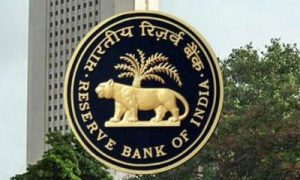Canada will extend its ban on arriving passenger flights from India to Sept. 21 because of the risks posed by COVID19, the federal transport ministry said in a statement on Monday.
Canada will extend its ban on arriving passenger flights from India to September 21 because of the risks posed by COVID-19, the federal transport ministry said in a statement on Monday. The ban was first imposed on April 22 and has already been rolled over several times. The measure does not apply to cargo flights or medical transfers.
Earlier, the Canadian government in its global travel advisory issued in July continued to suspend India-Canada direct flights till July 21. However, Indian travelers who have to fly to Canada in this period have to book a flight via an ‘indirect route.’ According to the revised official travel advisory, Canada will not accept the COVID-19 molecular test report from India. Therefore, the travelers have to get themselves tested for the coronavirus in a ‘third country’ before they continue their journey to Canada.
As per the advisory, passengers who have previously tested positive for the COVID-19 virus and are traveling from India to Canada have to now provide proof of a coronavirus test conducted between 14 to 90 days prior to their departure. “This proof must be obtained in a third country before Indian travelers continue their journey to Canada. You might need to seek entry and stay in a third country for at least 14 days,” the advisory read.
However, Canada is not the first country to put travel restrictions for passengers traveling from India. There are many countries that have restricted entry or transit for passengers arriving from India and especially for those who have previously tested positive for COVID-19. If the passenger tests positive during transit, they might be quarantined or sent back to their point of departure.
Interestingly, UK has just removed India from red list and put it in the amber list of countries, which means travel from India to UK is now allowed but with caution.
With inputs from Reuters





































